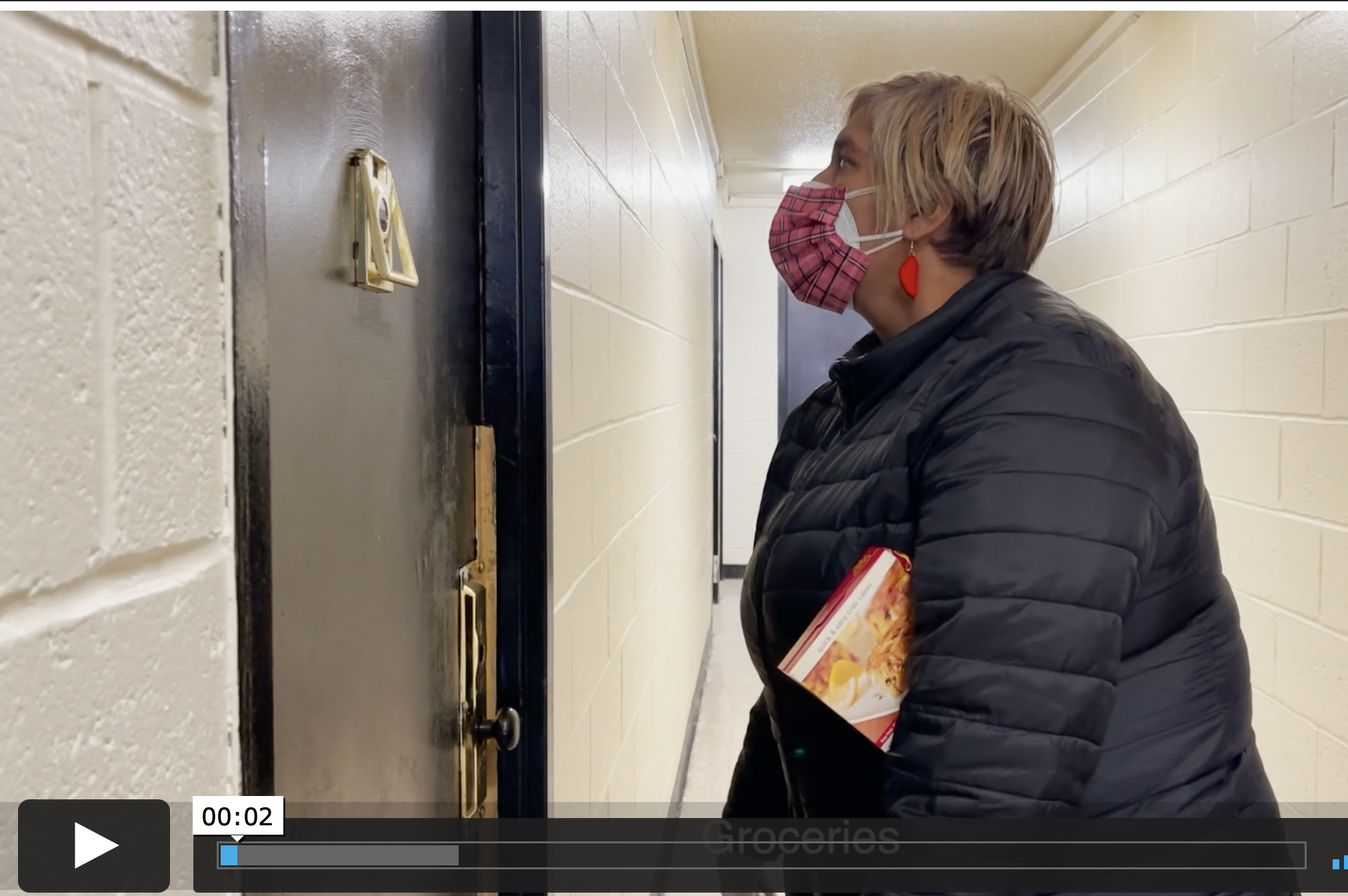Cybersecurity is a rising concern in America, especially for CCNY students. Cyber Security Photo by Tima Miroshnichenko from Pexels
Aqsaa Imran, a City College senior double majoring in psychology and biology, frequently uses her Citymail account for everything related to school. She has seen and avoided phishing email scams but believes freshmen students are the most susceptible group to fall for them. They are curious about easy job opportunities and do not know which emails to avoid. “We’re college students who are attracted towards making money to pay our fees, tuition, and loans,” she said.
That’s what happened to a friend of hers who followed up on a fake job offer and provided his information including his social security number. “It should not be like that,” says Imran. “We need to be more protected.”
Every year, people like Imran’s friend are affected by cyberattacks that range from cases that are harmless to those inflicting serious amounts of damage.
In general, Americans are very worried about cybersecurity. A poll conducted by the Pearson Institute and the Associated Press-NORC Center for Public Affairs Research found that 9 of 10 Americans are somewhat concerned about hacking. Two-thirds of the participants say they are extremely concerned. This poll comes after a surge of ransomware attacks and “cyber espionage campaigns” throughout 2020-2021 that have inflicted damage upon the US government, energy companies, hospitals, schools, and individuals’ private information.
To help protect students against cyberattacks, CUNY created an online cybersecurity awareness course and CCNY’s Office of Information Technology published a security announcement to provide security notices, teach tips and strategies for staying safe online, and allow access to free antivirus software for students and faculty. Though a representative from City College’s IT Security Department declined to be interviewed, the announcement states: “Information security is an extremely serious topic. Please take special care to protect your information, your computer, and the integrity of all the systems we share.”
Despite the warnings, in the fall of 2020, a City College undergraduate was a victim of a phishing email scam. “When my father urged me to double-check if the job offer was legit it was too late. All my money—gone,” said the CCNY student, who preferred to remain anonymous.
Margaret Lynch, a junior majoring in psychology, expected CCNY to be a “high-tech school” due to its programs dedicated to coding, engineering, and a variety of STEM majors. She was let down to find out about the flaws in Citymail. “They can’t even handle a mailing system,” said Lynch. “It’s weird. It makes me feel odd.”
Still, the holes in technology do not significantly affect her daily life, “as long as they continue to alert the students,” she added.






